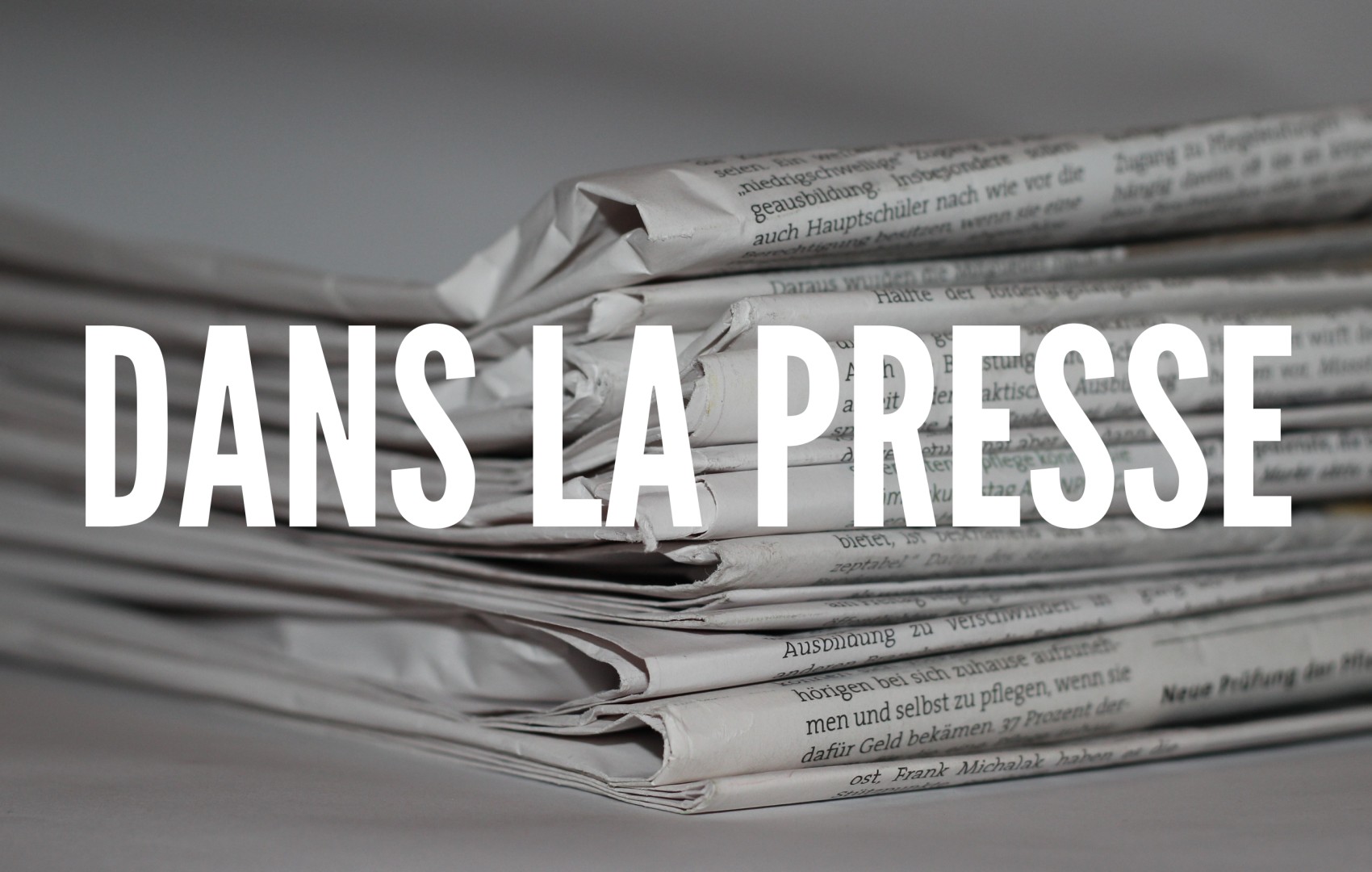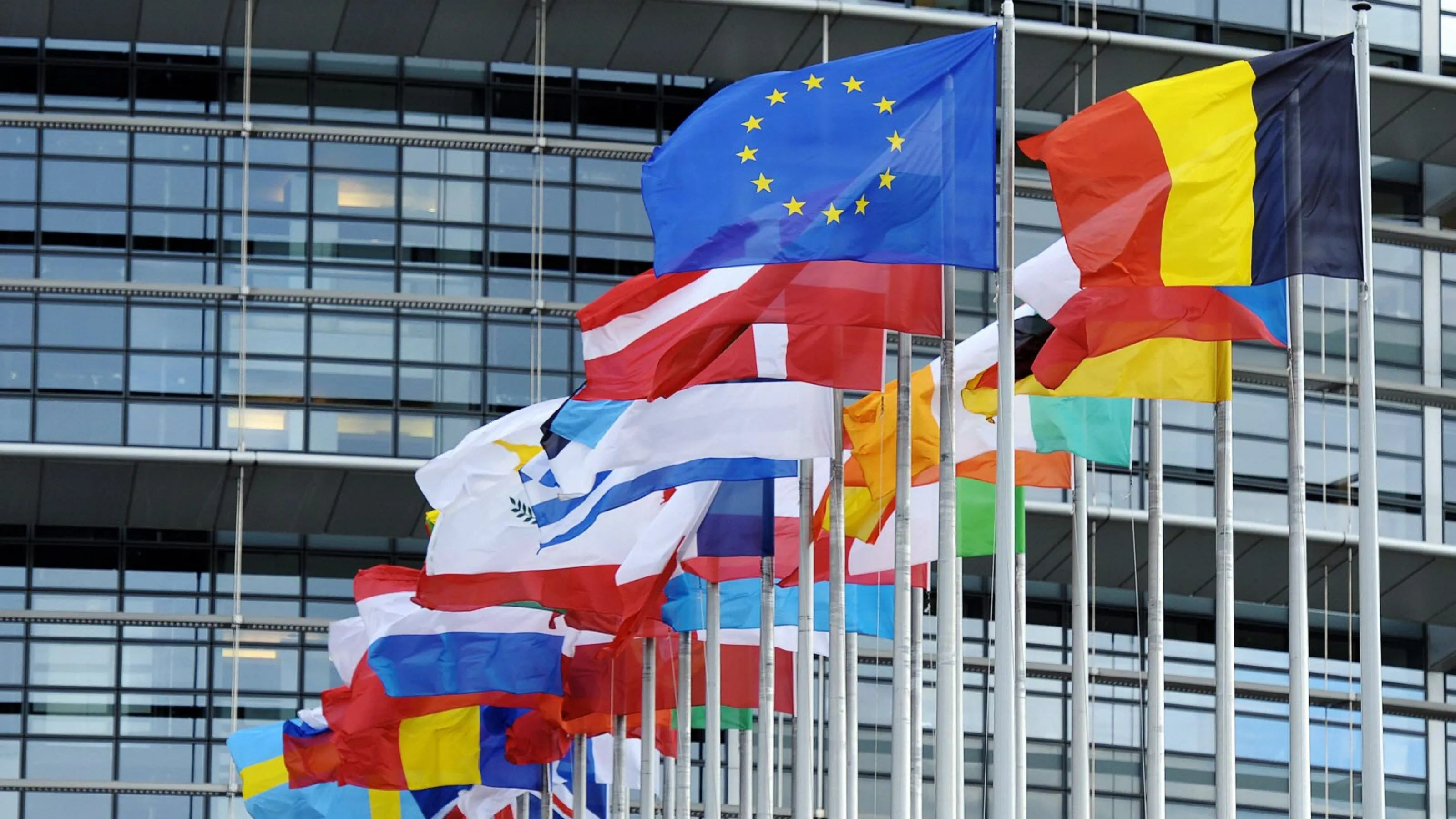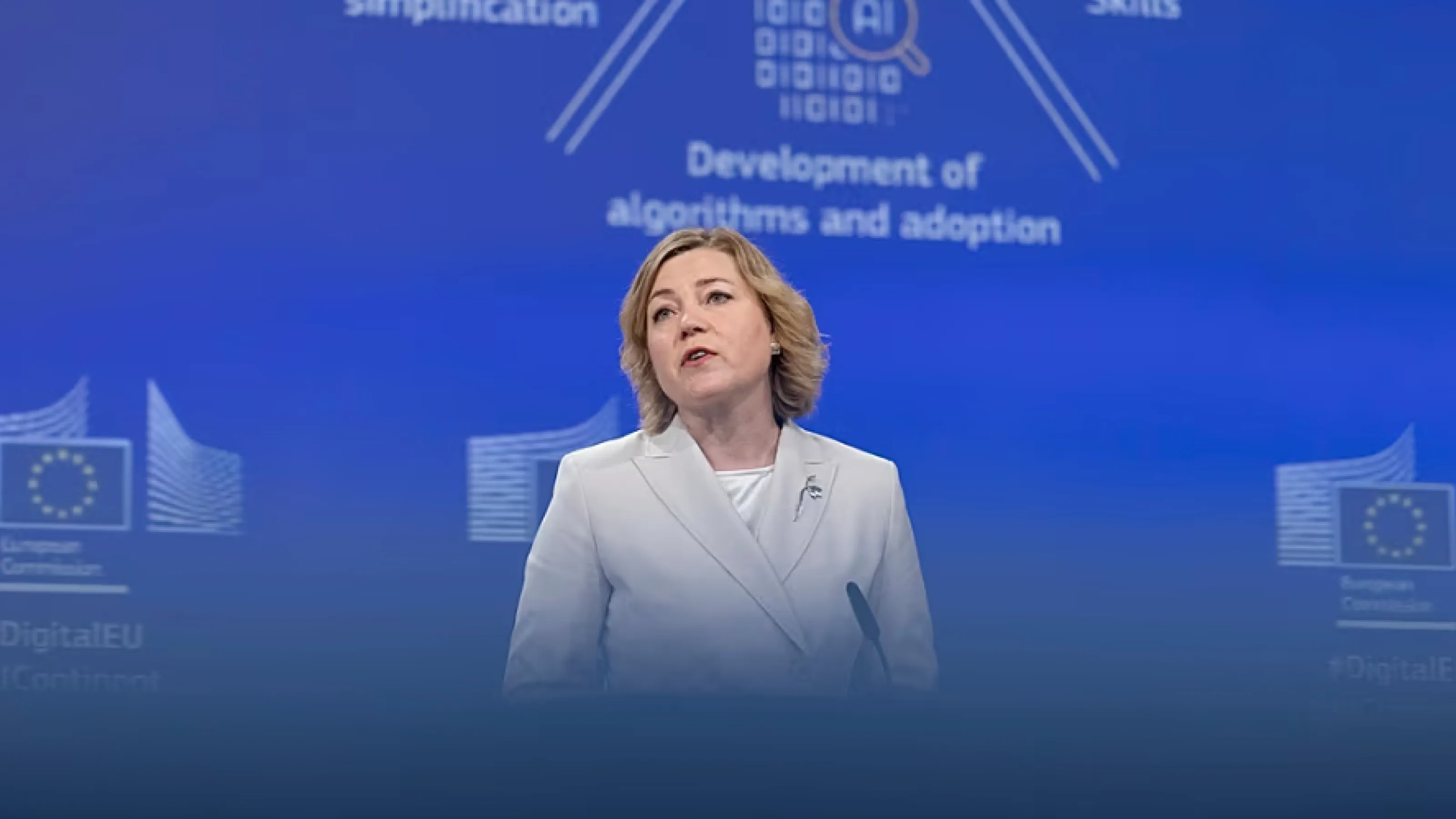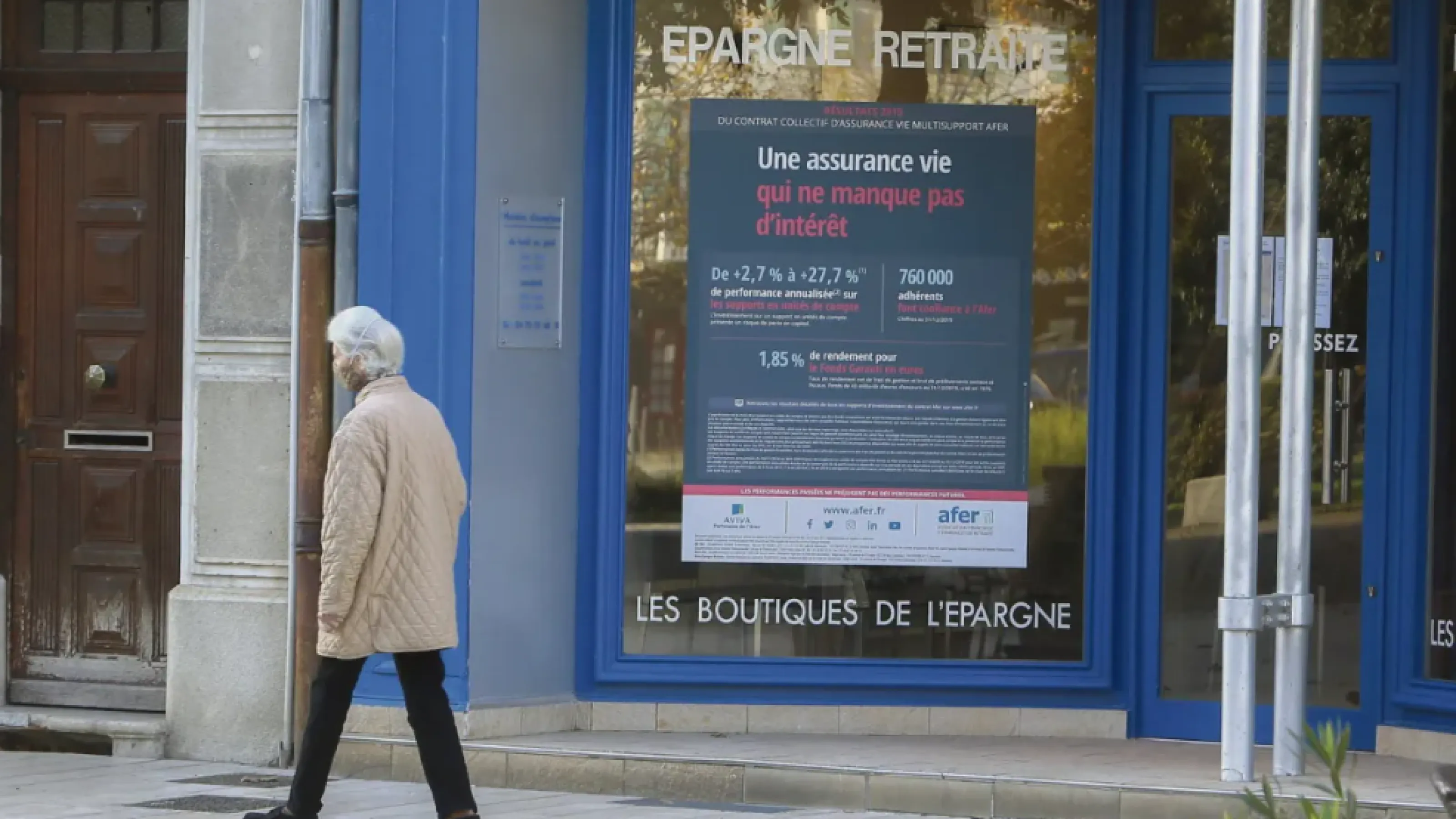Paru le 11/07/2022
Par Jean Comte
The new Secretary of State begins the second political sequence of her career, after her time in the cabinet of François Hollande in 2014 – 2016. However, the economist has always been careful to keep in touch with public affairs, especially during his recent stint at the OECD.
The appointment, announced on the morning of July 4, surprised everyone. No one, in Paris or Brussels, expected Laurence Boone to be appointed Secretary of State for European Affairs.
"His name was not circulating especially," admits one interlocutor. "I was expecting him at an economic position," adds another.
Until now, the career of 53-year-old Laurence Boone seemed rather dominated by the taste for formulas and numbers. Holder of a PhD in econometrics from the London Business School, she began in the 1990s a career alternating between stints in finance (Merrill Lynch, Barclays, Bank of America), a think tank (the Centre for Prospective Studies and International Information) and an international organization (the Organisation for Economic Co-operation and Development, OECD).
His first political experience came at an advanced stage of his career. It is no less intense: from 2014 to 2016, she joined the Elysian cabinet of François Hollande as economic advisor, at a time when the euro zone is going through a difficult time.
The Greek period
"I hired her because she knew the economy and Europe," explains Jean-Pierre Jouyet, at the time secretary general of the Élysée, and who knew her at Barclays. However, the period is complicated. With the arrival of Laurence Boone, the Deputy Secretary General of the Élysée Emmanuel Macron is on the move – he will soon become Minister of the Economy. She also meets Philippe Léglise-Costa, who has taken over as head of the General Secretariat for European Affairs – but continues to advise François Hollande. His relationship with Laurence Boone is going very badly, report several interlocutors – "He did not want to delegate anything"," recalls one of them.
One collaborator at the time described someone as "very technical, who had difficulty influencing political issues."
"She was not at all like Emmanuel Macron, who put forward his ideas. She put into perspective and advised, but did not give her own opinion, "nuances another.
But "she has become seasoned, she has learned," defends another interlocutor, who points in particular to her role in the Greek crisis. The issue, which is both a european and an economic one, naturally falls into its trap. The subject is arduous. The country, on the verge of bankruptcy, needs financial help from the Europeans. But the latter – especially the "hawk" countries – are demanding large-scale structural reforms in exchange. The government of Alexis Tsipras, who had just come to power, refused them. Negotiations are slipping, getting bogged down, and Greece is on the verge of leaving the eurozone.
In this configuration, the France tries to play a balancing role between the "hawks" and Athens. "Laurence Boone helped as much as she could," says a leading player in the negotiations. The economist organizes meetings at the Élysée between the various actors involved, explain two sources to Context. "We had quite long discussions, especially between French and German economists, it opened up perspectives, made things progress," notes one of the participants.
Public life
When she left the Élysée, she returned to positions with an economic dimension: chief economist at AXA for two years, then in the same position at the OECD. A priori less political than his Greek period. Except that, far from locking him into an office job, his duties at the OECD allow him to be constantly involved in the news.
She represents the institution at meetings of the G20, which regularly mandates the OECD on economic issues. She keeps an eye on French politics, where she takes for example the presidency of the monitoring committee of the post-Covid recovery plan. In 2019, his name is circulating as a potential European Commissioner, in parallel with that of Thierry Breton, who will finally be retained.
She also regularly appears in European bodies, including the Eurogroup, where she gave a presentation on inflation last January – and made a strong impression, according to two participants. "It was a great presentation, very clear and accessible," recalls one of them.
The position of chief economist offers him a position of watchdog over the world. The OECD is among the first international institutions to warn of the social and economic cost of the Covid crisis in its economic forecasts for early 2022. A few months after the beginning of the war in Ukraine, l’organisation creuse également all the economic, but also food, energy and social consequences.
"Left-wing inclinations"
Everyone is asking a question: is it right-wing or left-wing? "Left-wing," says Pascal Saint-Amans, who spent a long time with her at the OECD, where he heads the tax policy centre.
His political positioning was already questioning in 2014, when he arrived at the Élysée. Criticized for working with a former Rothschild (Emmanuel Macron), the socialist is soon smeared by his left wing when he debauchs her directly from the City of London, where she works for Bank of America Merrill Lynch. "I have left-wing inclinations," she defended herself to Le Monde, recalling that she had advised Manuel Valls during the 2011 socialist primary.
In fact, her profile is nuanced thanks to the Greek crisis, where she tries with François Hollande and Michel Sapin to build a delicate balance between the rigor of the Germans or the Dutch and the Greek demands. "We saw that she had a more Keynesian stance than the Germans – she was not as negative as they were on public investment," recalls one actor in the negotiations.
"I don't know if she's left-wing, but she's clearly interested in topics that are dear to this political trend – climate change, inequality," confirms one of her acquaintances.
Her time at the OECD allows Laurence Boone to delve deeper into these subjects. The organization, whose slogan is "better policies for a better life", is interested in social or health issues, and is involved in the fight against corruption or tax evasion. "She put a lot of emphasis on the subject of targeting public policy measures: reducing taxes on gasoline is good, but there is a real difference between doing it for everyone, or only for the least advantaged households," recalls one of her collaborators at the OECD. "This topic of targeting became an element that was integrated into every public policy analysis."
Finding your place
In the new government, Laurence Boone will have to find her place. The post of Secretary of State for European Affairs is indeed delicate: placed under the authority of the Minister of Foreign Affairs, it does not allow to lead a dedicated administration or to participate in all the Councils of Ministers. But Catherine Colonna, the Minister of Foreign Affairs, "knows Europe well and will not let herself be stepped on," warns a regular in the government machine.
The Secretary of State for European Affairs will also not have control over the sectoral texts. These are managed by the respective ministries and the General Secretariat for European Affairs, which reports directly to the Prime Minister.
A subject dear to Laurence Boone, the reform of the euro zone and the Banking Union should thus remain in the hands of the Treasury, in Bercy. "She has a complementary profile to Bruno Le Maire, who is more political. She will have to find a balance with him," said Macronist MEP Stéphanie Yon-Courtin. Sitting in the Committee on Economic Affairs, the latter has already planned to ask the Secretary of State on a file on which she is rapporteur: the reform of insurance regulation, yet followed by the Treasury.
However, her supporters do not give up: she has the qualities to impose herself and find a balance. "Giving him European Affairs is a smart choice. If she had taken over Transport or Agriculture, she would have had to learn things specific to these portfolios. There, it is above all a position where you have to be in relationship with people, "says a former employee. But "her address book is impressive, she knows everyone in France and in Europe – from Olaf Scholz to Nadia Calvino [the Spanish Minister of Economic Affairs]," insists Pascal Saint-Amans.
Another asset, she has a good relationship with the Head of State, insist our interlocutors. "It's essential for this portfolio," said Jean-Pierre Jouyet, who himself maintained a direct link with Nicolas Sarkozy in his time.
The position also involves giving a public voice, in France itself, on European affairs. A point on which she also has an advantage: "She knows how to explain simply a complex subject," says Pascal Saint-Amans.
In the immediate future, the new Secretary of State will already have to ensure that she has a team of experienced advisers. She has already chosen a director of cabinet familiar with the French administration: Jérôme Brouillet, currently number 2 of the SGAE.
 Stéphanie Yon-Courtin
Stéphanie Yon-Courtin
